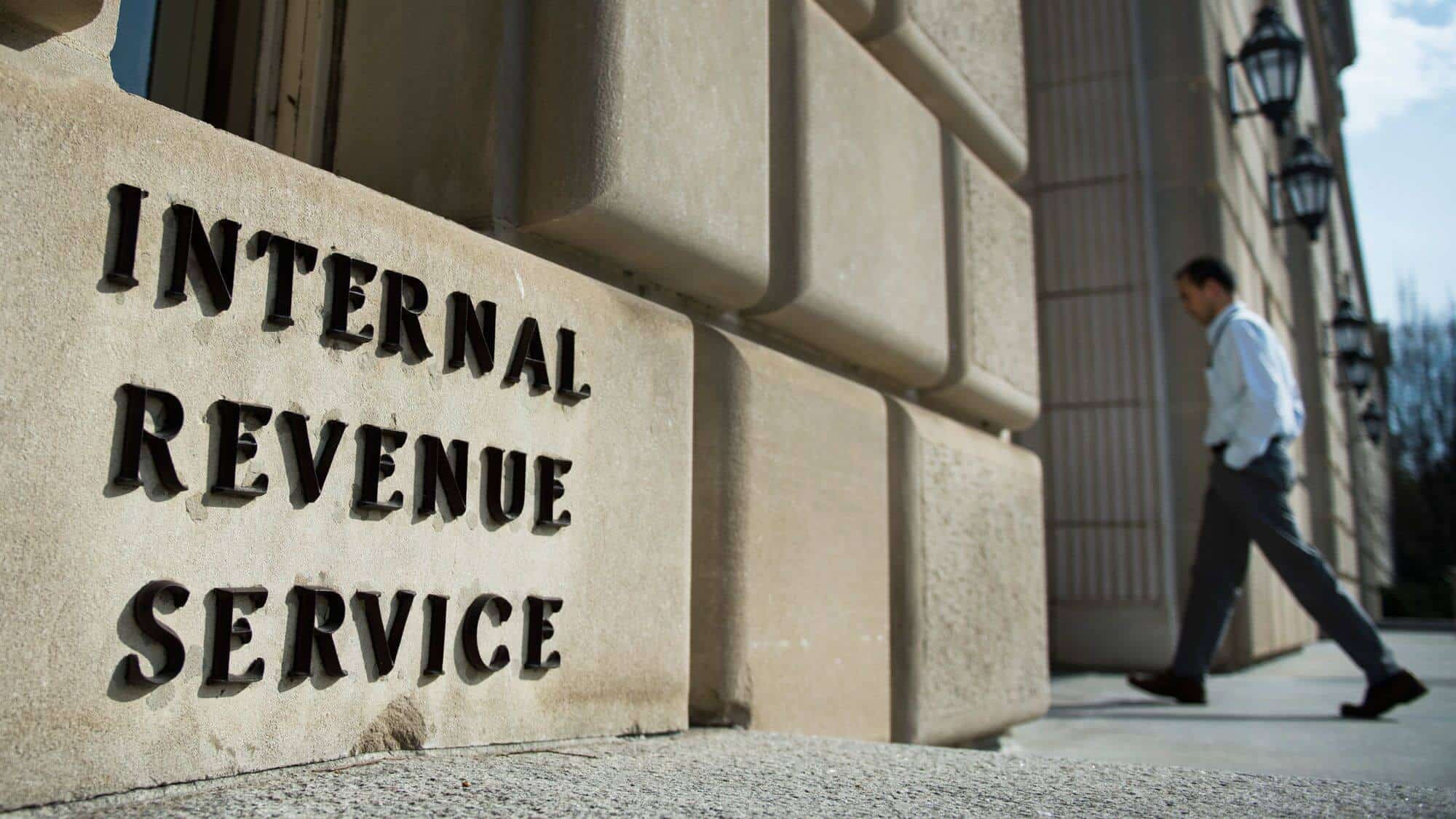Join Our Telegram channel to stay up to date on breaking news coverage
Cryptocurrency traders have clamored for clarity a regards taxation requirements for some time now. However, the most perceptive of them could actually be gearing up for what may come.
While we do know that crypto tax regulations are on the way (it was confirmed), understanding what these regulations will be is a much murkier affair. However, just as it is with movie synopses, some of the most recent activities from the Internal Revenue Service (IRS) might provide a clue of what is to come as regards cryptocurrencies and taxes.
So far, the IRS has sent letters to over 10,000 cryptocurrency traders, in which it asked taxpayers to verify if they had correctly filed their taxes due to crypto gains and losses, or amend their filings as they buy cryptocurrency. The letters were an indication that the IRS had crypto taxation in mind, but there might be more to it.
For instance, the letters outlined how traders could calculate the fair market value of their crypto holdings. Essentially, traders are to examine the exact time and date that they conducted a transaction and use the value of the asset at the time to make the calculations.
This was a significant deviation from 2014, when all they had to do was apply the exchange rate of the asset to the dollar, in a reasonable manner that is consistently applied. If anything, it would seem that the tax regulator wants to ensure that compliance is as precise as possible.
In an article, James Foust, a Senior Research Fellow at Coin Center, added that this precision does make sense. Expanding on his point, Foust said, “If someone has multiple transactions over the course of a day and there’s significant volatility it doesn’t make sense to apply the same daily exchange rate, and also it could result in some weird outcomes.”
The only significant problem that this could pose would be that investors would now have to go back to look for all of this information. If taxation calculations need to be made on a minute-by-minute, transaction-by-transaction accuracy base, investors who conduct multiple transactions daily, multiple days a week will find it much more difficult to make their tax calculations much more difficult.
There is also the difficulty of getting a proper exchange rate. While many know to look up exchange rates on aggregators like CoinMarketCap, others check out prices in real-time on cryptocurrency exchanges, and there are slight differences. Developing a common source for checking prices will need to be solved.
The new guidance also shows a deviation in how the IRS wants to collect crypto traders’ information. Initially, the agency asked crypto exchanges to generate 1099-K forms, so merchants get their revenue from a particular income stream.
However, as Foust pointed out, this hasn’t been especially helpful, as a vast majority of customers only buy cryptocurrency on exchanges, as opposed to receiving payments. In addition to that, Foust noted that this could bring a bit of an issue with classifying transactions.
In part, he said, “Say you buy for $10,000 and sold for $9,000, the IRS would see that as you received a payment for $9,000, not a $1,000 loss. It’s not super-clear why the IRS … decided to get the exchanges to use the 1099-K form to report this customer information but that’s sort of the world that we’re in right now.”
So, while hints are on the ground as regards crypto taxation, it is sure that there are some kinks that would still need to be worked out. Hopefully, everything will be ironclad when the IRS eventually publishes its tax guidance.
Join Our Telegram channel to stay up to date on breaking news coverage


